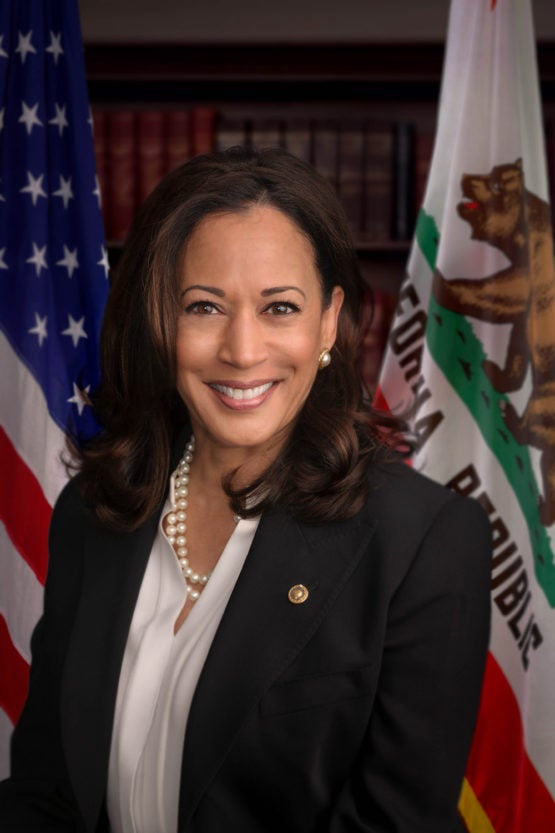https://www.npr.org/2021/12/07/10621...oral-count-act
NPR's Ari Shapiro talks with election lawyer Ben Ginsberg on his National Review article calling to reform the Electoral Count Act, which spells out how Congress calculates the electoral college vote.
Republicans in Congress Should Update the Electoral Count Act Before It’s Too Late
Amending such an essential democratic safeguard is in the country’s best interest.
https://www.nationalreview.com/2021/...-its-too-late/
For starters, a Democratic vice president will be presiding over the Senate when the Electoral College votes are opened. Suppose [D]ump runs again, and wins. Now, suppose Vice President Harris believes that [D]ump’s reelection represents an existential threat to the county and does what [D]ump couldn’t persuade Mike Pence to do.
We were fortunate as a country that the 2000 participants recognized that after the recounts, contests, and certification by the states that the winner was the one with more votes and spared the country prolonged attacks on the electoral system. And we were fortunate that the 2020 election was not so close. An extended fight over the imprecise — and therefore highly maneuverable — words of a late-1800s could be disastrous for our democracy.
As an essential democratic safeguard, the ECA will likely frustrate that fundamental purpose if ever put to an electoral stress test. It’s in both parties’ interests to fix its flaws. A bill updating and clarifying the ECA could be election-related legislation on which the parties agree.
How, then, should we go about fixing the ECA’s flaws? I propose that the law should be amended to define clearly:
- The vice president’s role;
- the congressional process for deciding between competing slates of electors from the same state and who each state’s “executive” is — i.e., the party that will maintain the power to certify the slate of electors (a governor and secretary of state from different parties could each claim they are the “executive”);
- whether a “majority” of the Electoral College is all 538 electors or only those present and voting;
- if choosing the president fell to the House, with a single vote for each state, could a majority of members prevent the swearing-in of minority of members (who nonetheless represented more states, as was the case in 2020) so that the majority’s presidential candidate would win;
- whether a state can hold an election after Election Day if it claims that Electoral College results were tainted;
- the “safe harbor” provision so that a state certifying its electors before that date cannot later have its decision usurped by Congress;
- whether the threshold for objecting to electors should be increased to more than one member from each chamber;
- grounds for congressional objections to electors so that only questions of fraud or bribery meet the threshold and disagreement with the popular-vote results does not; and
- rules for resolving disputes between the chambers so that split control of Congress does not cripple the nation.
Thoughts?

I'll check back in the morning.

